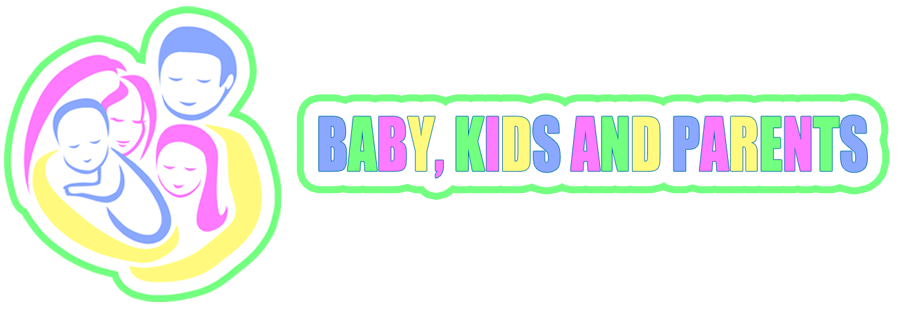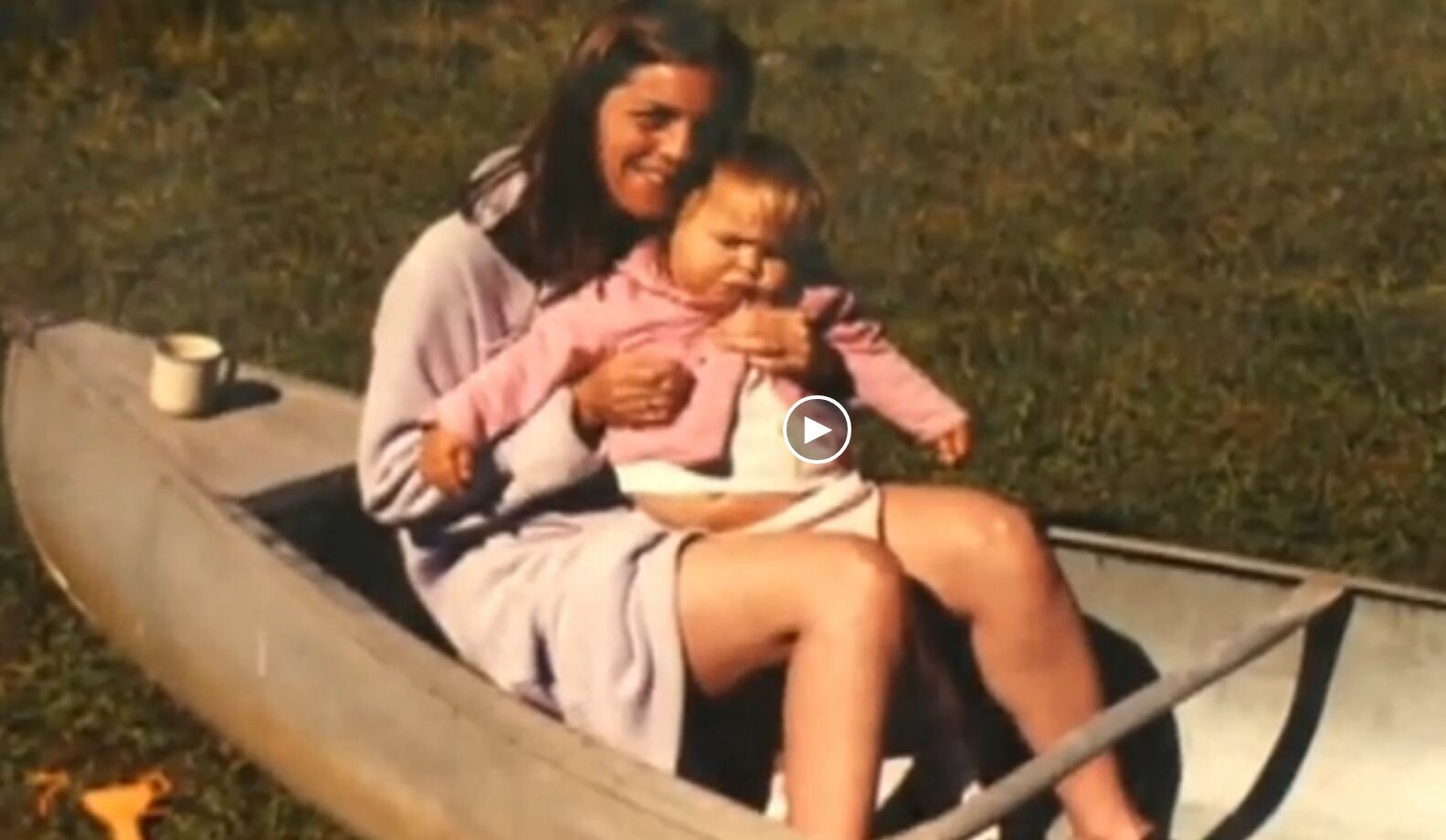Tina Traster and her husband got what they always wanted: a beautiful baby girl. They adopted Julia from a Siberian orphanage in Russia, but Tina immediately knew something was terribly wrong. Julia wouldn’t show affection.
She wouldn’t look into her mother’s eyes, clutch her fingers, let Tina hold her, or even play. Tina was devastated. She believed she was failing as a mother when the innocent child rejected her.
“For a while, weeks, maybe months, I sank deeper and deeper into depression, thinking I’d made a terrible mistake. Maybe I wasn’t cut out to be a mother?” Tina wrote on her blog Julia + Me.
However, as the years passed and Julia began pre-school, the real issue became clearer. When Tina would pick Julia up from school, she was always alone, sometimes even sitting under her desk. Tina told Julia’s pediatrician about her behavior. That’s when she discovered reactive attachment disorder (RAD). The condition was common in foreign-born adoptees placed in orphanages. When a child is removed from their mother’s (or caretaker’s) side early on, it can be so traumatic that the child is unable to bond with a new adult. Julia rejected Tina so harshly because she feared rejection from another loved one.
Tina and her husband made it their mission to understand RAD to better connect with Julia. They worked day in and day out to understand Julia’s emotional responses. Eventually, they were able to pull their beloved daughter out of her shell, a journey documented in Tina’s book Rescuing Julia Twice.
“She has let me become her mother. And I honor that trust by remembering, each and every day, how she struggles with subconscious demons and how mighty her battle is and will always be,” Tina said.
Source http://www.littlethings.com/
All content on this Web site, including medical opinion and any other health-related information, is for informational purposes only and should not be considered to be a specific diagnosis or treatment plan for any individual situation. Use of this site and the information contained herein does not create a doctor-patient relationship. Always seek the direct advice of your own doctor in connection with any questions or issues you may have regarding your own health or the health of others.


